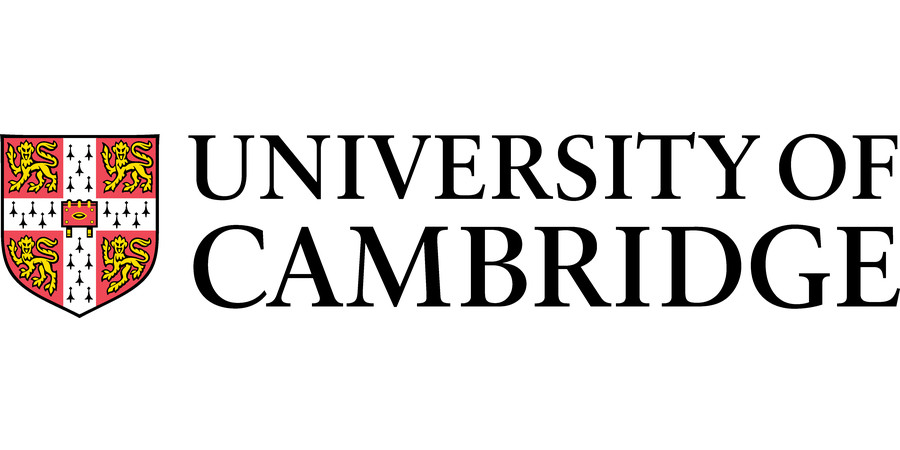PhD Studentship: Mapping Cellular Trajectories in the Senescence Spectrum
University of Cambridge - Cancer Research UK Cambridge Institute
| Qualification Type: | PhD |
|---|---|
| Location: | Cambridge |
| Funding for: | UK Students, EU Students, International Students |
| Funding amount: | See advert for details |
| Hours: | Full Time |
| Placed On: | 10th September 2024 |
|---|---|
| Closes: | 31st October 2024 |
| Reference: | SW43218 |
Overview
Professor Masashi Narita wishes to recruit a student to work on the project entitled: "Mapping cellular trajectories in the senescence spectrum".
For further information about the research group, including their most recent publications, please visit their website at https://www.naritalab.com/
This is a unique opportunity for PhD study in the world-leading Cancer Research UK Cambridge Institute (CRUK CI), to start a research career in an environment committed to training outstanding cancer research scientists of the future.
The Institute's particular strengths are in genomics, computational biology and imaging; and significant research effort is currently devoted to cancers arising in the breast, pancreas, brain, and colon. Our Core Facilities provide researchers with access to state-of-the-art equipment, in-house expertise and training. Scientists at CRUK CI aim to understand the fundamental biology of cancer and translate these findings into the clinic to benefit patients.
If you are interested in finding out more about our groundbreaking scientific research, please visit our website at https://www.cruk.cam.ac.uk/
Preferred skills/knowledge
Experience in epigenetic mapping and computational data analysis is advantageous but not essential.
Project details
Senescence can be triggered by various stimuli across diverse cellular contexts. We are particularly interested in oncogene-induced senescence (OIS), which occurs in the physiological diploid state as an early event in tumour initiation. OIS functions autonomously as a tumour suppressor mechanism, though it is conceptually distinct from tumour-initiating cells (TIC). Our recent study suggests that senescence is not a singular entity but rather a continuum of dynamic cellular functionality and plasticity, forming what we term the 'senescence spectrum.'
Our aim is to gain mechanistic and functional insights into the decision-making process between senescence and tumour initiation within this spectrum. To address this, we will utilise single-cell biology and epigenomic approaches in close collaboration with computational biologists.
Preferred skills/knowledge
Experience in epigenetic mapping and computational data analysis is advantageous but not essential.
Funding
This four-year studentship is funded by Cancer Research UK Cambridge Institute and includes full funding for University fees and, in addition, a stipend currently of £21,000 per annum for four years.
Eligibility
We welcome applications from both UK and overseas students.
Applications are invited from recent graduates or final-year undergraduates who hold or expect to gain a First/Upper Second Class degree (or equivalent) in a relevant subject from any recognised university worldwide.
Applicants with relevant research experience, gained through Masters study or while working in a laboratory, are strongly encouraged to apply.
How to apply
Please apply via the University Applicant Portal. For further information about the course and to access the Applicant Portal, visit: https://www.postgraduate.study.cam.ac.uk/courses/directory/cvcrpdmsc You should select to commence study in Michaelmas Term 2025 (October 2025).
Additional information
To complete your online application, you will need to answer/provide the following:
Choice of project and supervisor
Please ensure that you name the project (with reference code) and supervisor, where indicated. You are permitted to apply for up to three projects.
Course-specific questions
- You will be asked to give details of your Research Experience (up to 2,500 characters).
- Your Statement of Interest (up to 2,500 characters) should explain why you wish to be considered for the studentship and what qualities and experience you will bring to the role.
Supporting documents
Applicants will be asked to provide:
- Academic transcripts.
- Evidence of competence in English (if appropriate).
- Details of two academic referees.
- CV/resume.
Advert information
Type / Role:
Subject Area(s):
Location(s):









